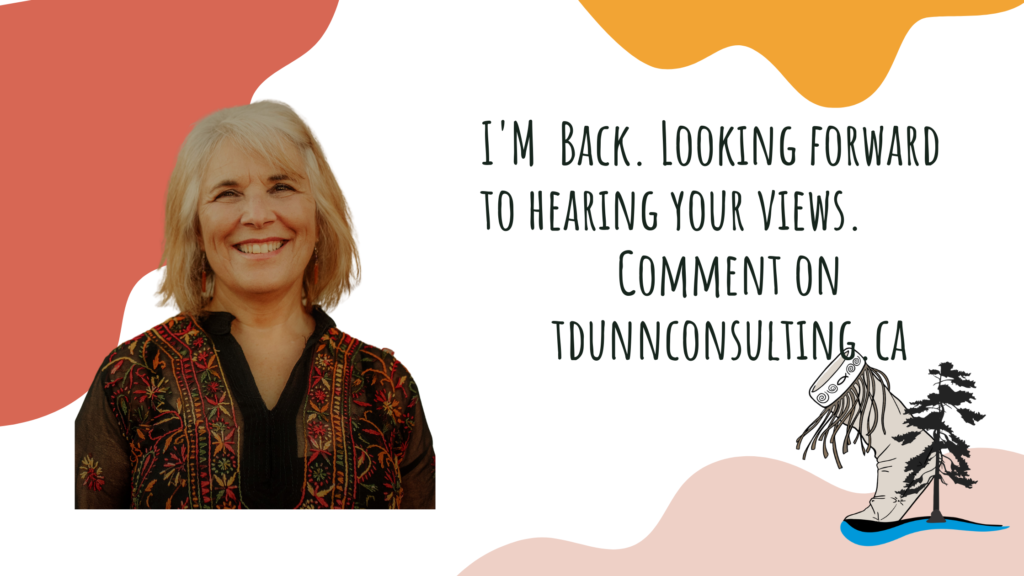
Good Day All. I am glad to be back. I have been preoccupied with facilitating a community conflict resolution process. It is intense working with people, mirroring back dynamics that required assistance to change. The work helps me go deeper and wider into the sources of conflict. It requires communication of what I believe is stopping people from resolving issues. It requires generating a safe place for people to speak their truth and provide compassionate listening. It was hard work with people who valued the principles of a culture of peace and were frustrated that they were in a state of distress with people they cared deeply about.
Every time I am privileged to journey with others who are courageous enough to face conflict it demands that I face my own beliefs about conflict and its sources. The topics that I will reflect on over the next few blogs are how concepts such as power, cultural/social conditioning, boundaries, and emotional awareness contribute to the complexity of conflicts.
First, I would emphasize how normal conflict is. Conflict is defined in many ways from the presence of war to expressing anger. My definition is a situation where differences between people cause suffering and seem insurmountable. I am confident that those in the field of conflict resolution, even those focused on war as a process of resolution, perceive conflict as normal. I believe it is normal and necessary as we adapt to change. Struggles are inherent to life. We are unique entities. For example, for those who have multiple biological children, we are perplexed at how children of the same parents can be so different in mannerisms, values, and temperament. It’s because each child is a result of a crapshoot of DNA combinations, a large pool of genes that create the foundation of our humanity.
Combined with genetic differences there are external differences, culture, life events such as but not limited to deaths, births, illnesses, natural and human-generated disasters, and economic conditions. I get tired of thinking of the plethora of things that make us different from one another. Yet, interestingly enough, the general assumption is to believe that people of the same tribe, community, faith, or culture and/or family think and believe just like us.
From my experience, nothing could be farther from the truth and this belief alone can generate deep distress among the people within these groups. When faced with a problem that is burdened by an imbalance of power, deep-seated emotions, unclear boundaries and negative social/cultural conditions people who thought they knew where their alliances lay are often very surprised.
Conflict will arise due to these differences and the conditions in which they originate. We know more than enough to break the cycle of painful conflict. Let’s look at the concepts I raised as factors in difficult conflicts.
Please leave comments in my blog comments section below – you are invited to read and comment on my other blog posts as well at https://tdunnconsulting.ca/blog/
Stay tuned for the next blog on the role of power in difficult conflicts.



